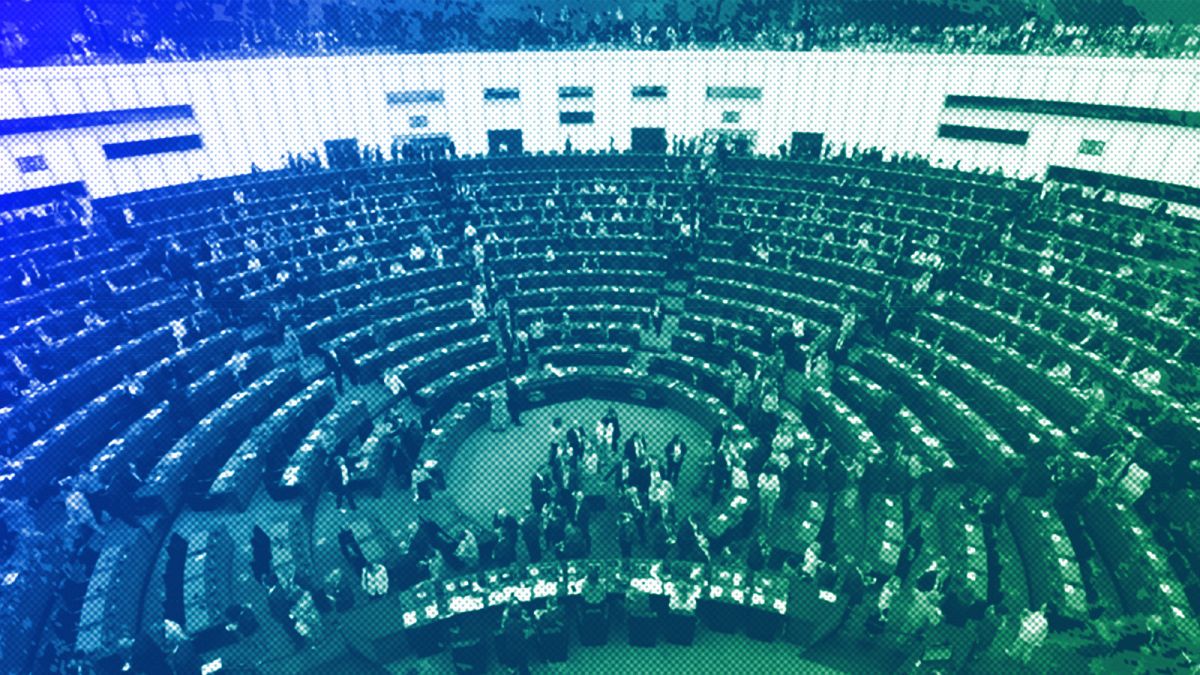In a recent article by Péter Krekó, Richárd Demény, and Csaba Molnár, it was highlighted that mainstream political parties are struggling to counter the rise of extreme politics on both the right and left sides of the spectrum. The article emphasizes the increasing pro-Russian and pro-Chinese sentiment that is spreading throughout the European Union. It mentions the recent victories of radical, far-right, and anti-establishment parties in various elections, such as the Freedom Party in Austria and the Alternative for Germany. These parties are now influencing policy despite holding minority positions in their respective legislatures. This rise of populism is causing the centre ground to face pressure from extremist forces on both ends, forcing them to engage with these groups on key issues like migration policy.
The article discusses the emergence of three competing blocs of votes on the right side of the political spectrum – the European Conservatives and Reformists (ECR), the Patriots for Europe, and the Europe of Sovereign Nations (ESN). These blocs now account for 25% of the European Parliament, up from 17% five years ago. On the left side, there has been an increase in support for left-wing parties with a strong distrust of EU institutions and a willingness to take pro-authoritarian stances. Despite having divergent views, these groups are united in their goal to strengthen national identities and distance themselves from critical geopolitical allies.
New research by the Political Capital Institute indicates that the ECR remains the most critical of Russia and China among extremist groupings, with key members consistently condemning the Kremlin and Beijing. The far-right ESN, led by AfD, is more pro-China, while the Patriots, led by the National Rally, are divided due to Viktor Orban’s ties to Beijing. The Left group is unlikely to support commission proposals and will attempt to soften the legislature’s tough stance on China. This division poses challenges for finding consensus on crucial issues such as support for Ukraine and protection against Chinese influence.
The voting patterns regarding Russia’s war in Ukraine show a division within the European Parliament, with different groups holding varying levels of support or criticism towards Russia. The ECR remains highly critical of Russia, while the Patriots are moving towards a more unified pro-Russian stance. On the left, there is division within the Left group, despite some parties supporting a resolution to reaffirm EU support for Ukraine. This highlights the complexities of navigating the delicate network of votes in the European Parliament and the challenges of uniting parties with differing priorities and ideologies.
The article suggests that despite existing fractures within political groups, there may be opportunities for cooperation across the political spectrum. For example, certain factions of the ECR and Patriot group may support a united front against Beijing’s assertiveness, while some parties on the Left may align with others on issues related to the Ukraine war. However, the ambitions and distrust of mainstream parties towards the Brussels apparatus may hinder such cooperation. The success of navigating this delicate network of votes will be crucial for containing the rise of radical politics in the EU over the next five years.
In conclusion, mainstream parties are facing challenges in combating the rise of extreme politics and pro-Russian and pro-Chinese sentiment in the European Parliament. The success of von der Leyen and her Commission will depend on their ability to navigate the complex political landscape and address issues that matter to voters without bringing Beijing and Moscow closer to Brussels. By presenting themselves as capable leaders who can tackle crucial issues, they may provide a blueprint for individual member states to counter and push back against radical political movements.










